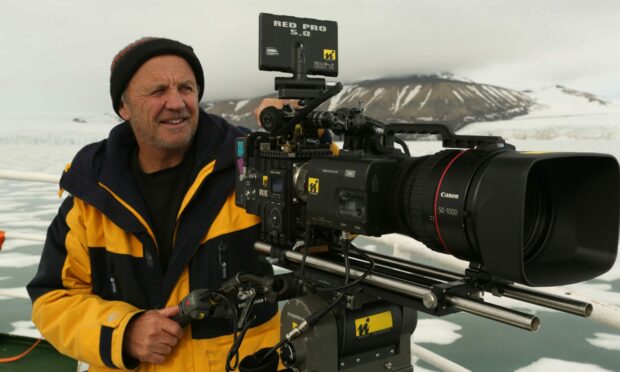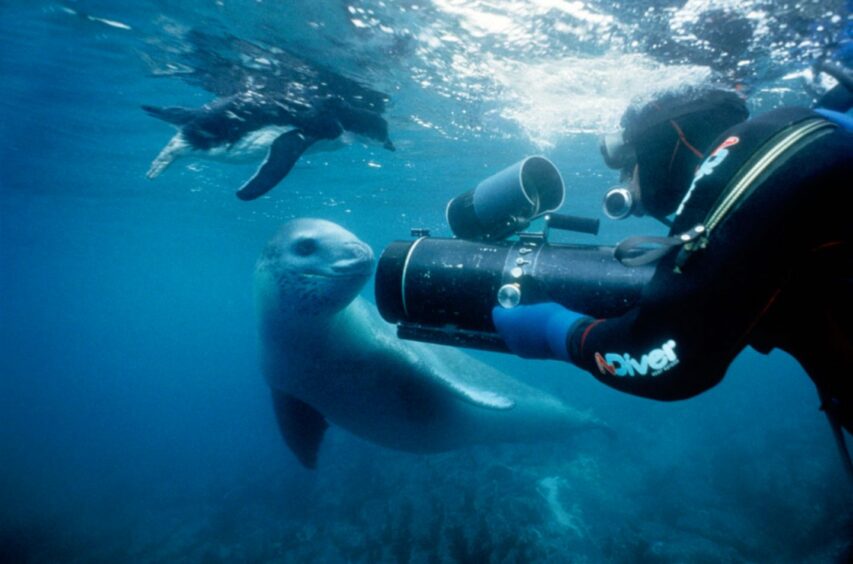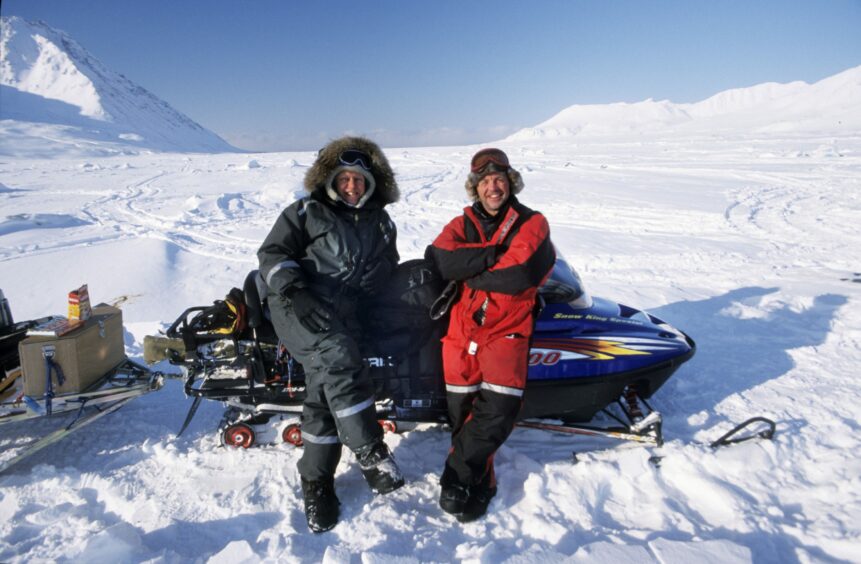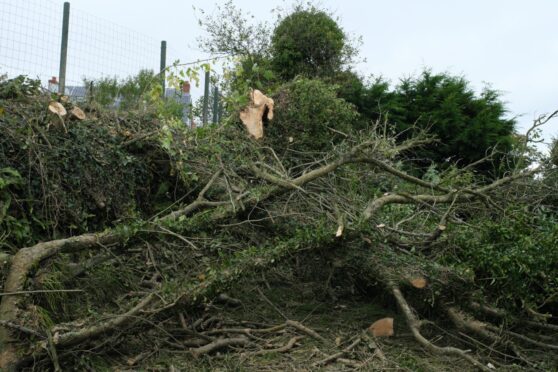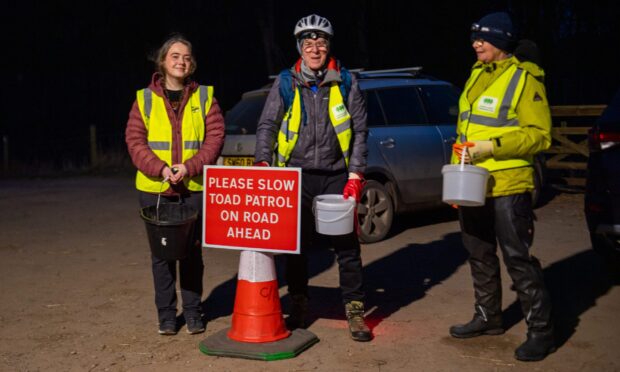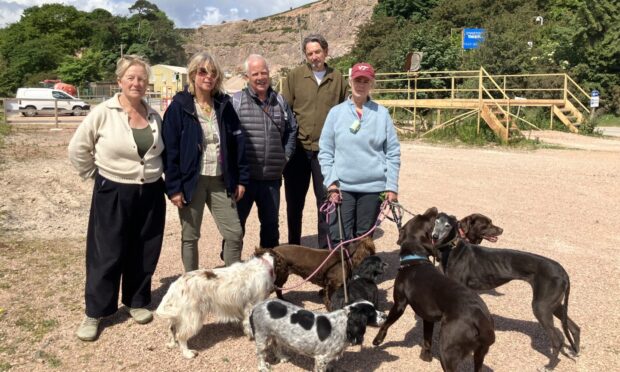Has coverage of the climate crisis left you feeling powerless? David Attenborough’s Fife-born cameraman, Doug Allan, shares his advice for taking some positive action to help the planet in 2022.
If you’ve ever watched shows such as the BBC’s Frozen Planet, Operation Iceberg and Forces of Nature, you’ll be familiar with Doug’s work.
Born in Dunfermline, Doug has captured stunning footage of the natural world, both above and below water.
His work brings him to the extremes of the poles, where he has observed the impacts of climate change first hand.
He is also a biologist who has worked with the British Antarctic Survey.
Live on less
Doug says cutting down on the amount of new items you buy is one way you can lessen your impact on the planet.
We’ve all got too much stuff. And there are plenty perfectly usable clothes, furniture and children’s toys out there to buy second hand.
“Everything needs to get done.
“Big, huge, enormous changes in politics and economics, which are going to impact on the way that we live.
“But also, everything that anyone does, no matter how small the scale, that all helps.
“Live on less is a mantra of mine. That means mostly living on less new things.
“There’s an abundance of perfectly good used, pre-loved, call it what you will, stuff out there.”
Ditch the car
Doug says electric cars are “all very well” but they don’t address the issue of traffic congestion.
He says walking and cycling is not only better for the atmosphere, it gives you a different perspective and beats being stuck in traffic.
“You see all kinds of things. It’s a lot less stressful.
“By choosing to do more of those good things, we’re also accustoming ourselves to life in the future. We’re exposing ourselves to a different way of doing things.”
Is your house losing heat?
Doug says there’s no point in fitting something like a heat pump if you live in a Victorian house with high ceilings.
Having lived in a flat with high ceilings in the past, he made the “deliberate choice” to move to a home which was easier to heat.
“If we properly insulated the houses that we have in stock already, then we would reduce people’s bills and we wouldn’t waste energy.
“We need to do that before we start thinking about heat pumps, because a heat pump is wasted if you’re trying to run it in a draughty house.
“The idea of heat pumps is nice. I can see the appeal from the technological point of view. It feels as though you’re striding into the future.
“But there’s no point in striding into the future with both feet if you’re living in Victorian houses with Victorian-type heating arrangements.”
Connect with nature
Doug has worked on Attenborough-narrated BBC programmes including Life, Planet Earth and The Blue Planet.
He says he’s part of a “privileged group” who spend their working days immersed in the natural world.
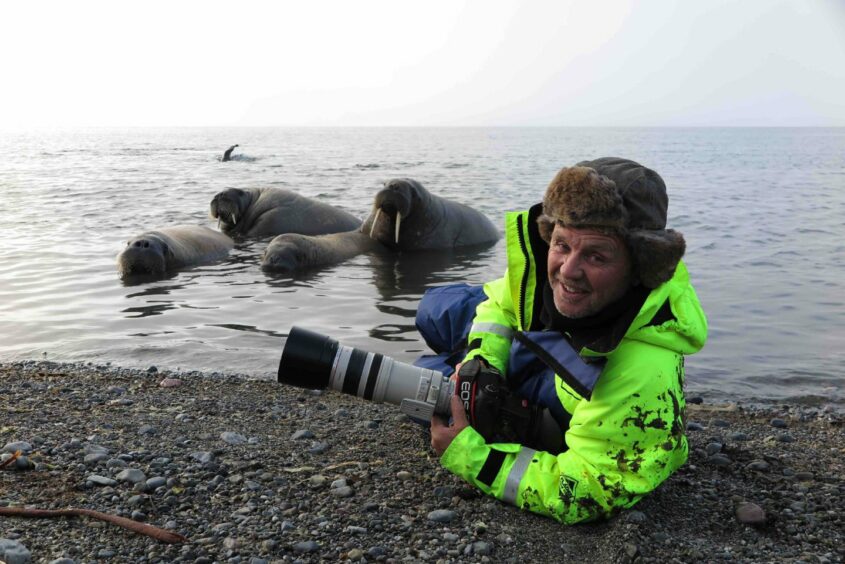
And he says a culture shift to a more environmentally friendly life starts with spending more time outdoors.
“We need to encourage people to be outside and spend time outside. But at the same time, educate them about how the outside works.
“Us wildlife filmmakers, we’ve been very privileged. We’ve gone around and seen the best of the world.
“But I think what we need to do is encourage that kind of interest in the local environment. That will change the culture.
“It’s about being conscious about it. It’s about sorting your recycling, your rubbish properly.”
Take an interest and stand up for your local environment
If you’re someone who has objected about your local woodland being cut down, you will know what Doug is talking about.
He says the climate crisis has arrived on our doorstep and it’s time to “stand up and speak out for what you think is important.”
If you want to make a difference, Doug says taking an interest in what’s happening in your local area is a good place to start.
“The other thing people can do is be actively interested in it, and reading up about it. Separating the truth from the misinformation.
“It is really difficult. We are bombarded by information.
“But there shouldn’t be any doubt about climate change and what it’s doing around the world, and the fact we need to deal with it fairly urgently.
“Climate change for most people is still a large threat, which no-one has experienced directly.
“But that’s changing.”
